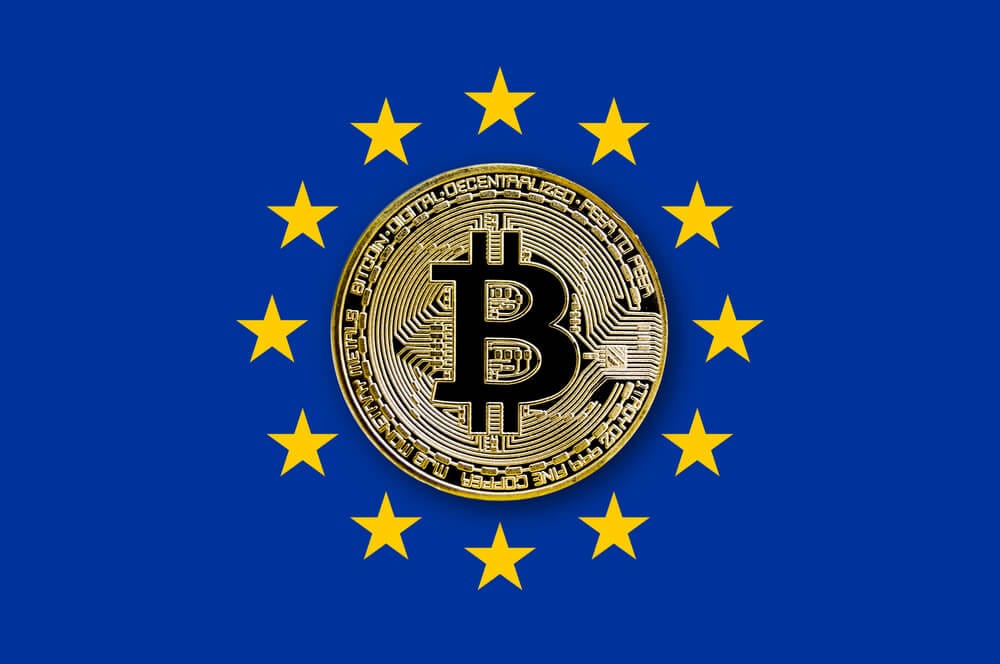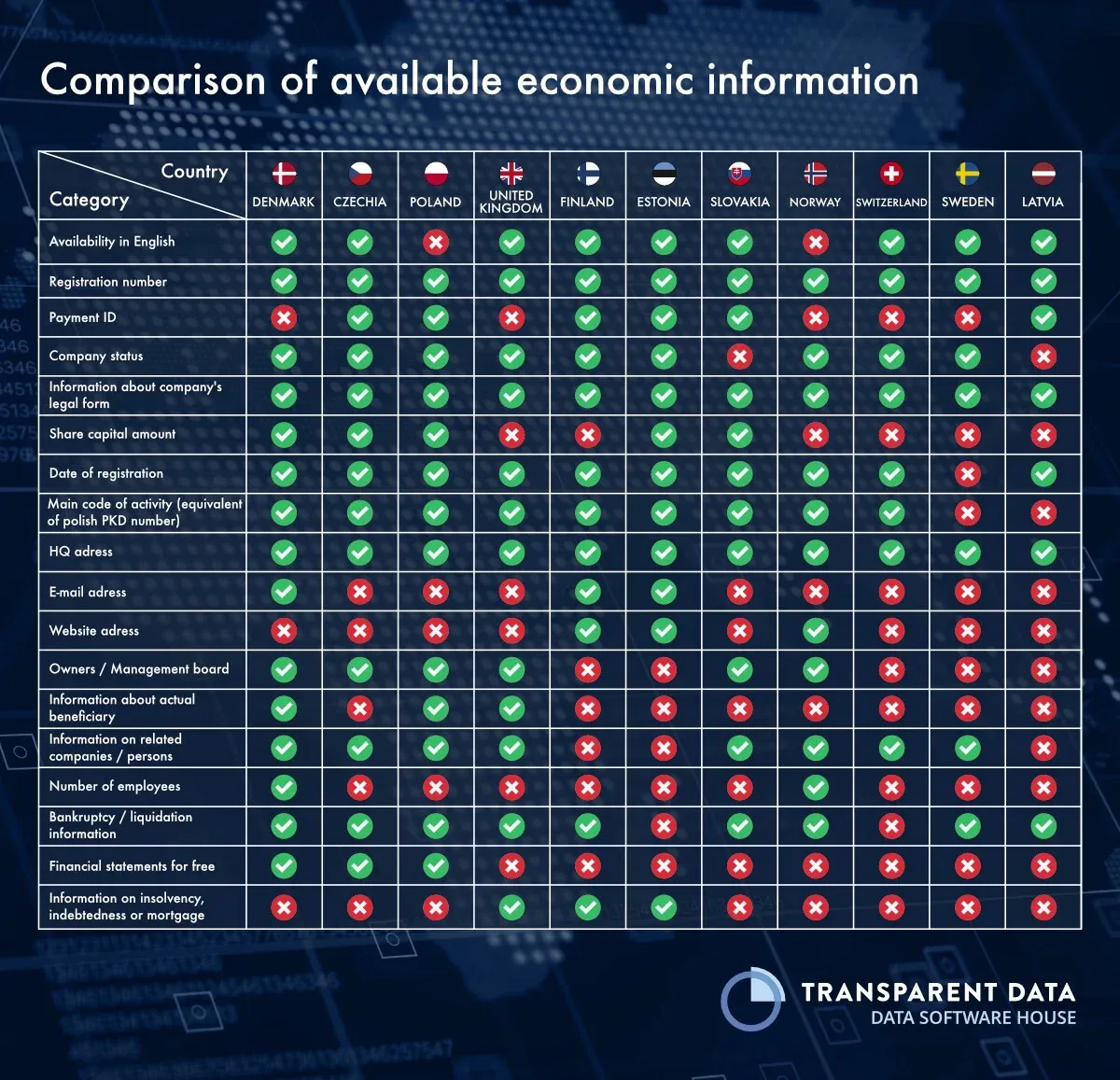
The European Union is getting closer to the issue of creating a completely new AML regulator that will directly supervise the financial institutions of member states. Crypto is included.
It's hard to say exactly when, but the European Union will have a new regulator to oversee anti-money laundering rules, including crypto assets. This summer, 27 member states agreed to a "partial position" on the creation of a new EU anti-money laundering body that will oversee cryptocurrency transactions.
Now the position is "partial" because EU countries have not yet agreed on the location of the new headquarters. The central element of the new legislation is the creation of an EU-wide anti-money laundering regulator. Therefore, the choice for the location of where the main office will be located is important. As a rule, the headquarters for large organizations in the EU are generally located in cities such as Geneva, Vienna, Paris, and Brussels. However, there are exceptions like the Food and Agriculture Organization (FAO), which is located in Rome, Italy. What type of city would be suited to become a crypto leader?
In general, it has been a busy year for EU institutions regarding cryptocurrency regulation. There was an agreement on the Markets in Crypto Assets (MiCA) as well as in the Transfer of Funds Regulations.. These two agreements are very important for the European single market. An earlier version of the bill sought to ban proof-of-work-based digital assets, including bitcoin, though the implementation was eventually scrapped.
The European Commission released its proposal for AMLD6, or the Sixth AML/CFT Directive. Later the European Council published this version. Right now, the Parliament, Council, and Commission are working on the technical aspects of these legislative texts.
The diagram below shows what kind of corporate information countries provided for 2021 with previous AML directives, and by the way, not all countries did.

It is important to note that earlier in the EU there were only directives that were advisory in nature. Due to bureaucratic processes and the non-mandatory execution of directives, many problems have accumulated. Now there will be a new hierarchical system with a special separate management body, from where direct control over the system will be carried out.
A parliamentary briefing shared with The Block describes the new system as follows: “EU-level supervision consisting of a hub and spoke model – i.e. supervisor at the EU level competent for direct supervision of certain financial institutions (FIs), indirect supervision/coordination of the other FIs, and a coordination role for supervising the non-financial sector as a first step.”
The AML regulator has two sides of the same coin. Of course, it will secure many processes. However, excessive regulation of public blockchains can lead to a financial supervision regime of governments, which will negatively affect the freedom of citizens and the concept of decentralization.
